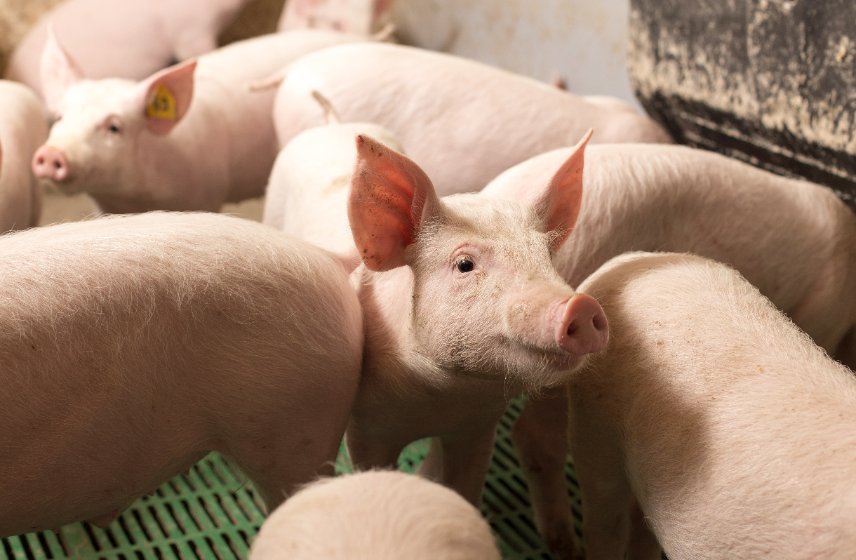UK-wide review of pig supply chain launched amid pressures

A UK-wide review of the pig supply chain has launched due to pressures including rising costs and labour shortages, which have raised questions about the sector's functionality.
The government review seeks views on issues such as transparency, price reporting, clarity of contractual terms and conditions, and market consolidation.
It is hoped the consultation could ultimately lead to new legislation governing relations, including contracts, between pork producers and processors.
The pig sector has seen significant challenges recently with farmers seeing increased feed costs and moving pigs off the farm for slaughter.
The Covid-19 pandemic and the continued lack of available skilled labour have had a disproportionate impact on the sector.
The situation has also been exacerbated by Russia’s invasion of Ukraine, leading to increased input costs, including feed, fuel, energy, and fertiliser.
The consultation will run until 7 October 2022 and invites views from pig farmers, abattoirs, processors, retailers, marketing groups and all stakeholders involved in the UK pig supply chain.
Defra farming minister Victoria Prentis said: “Recent months have been very difficult for pig farmers due to a range of pressures including rising costs and global labour shortages.
"We have engaged closely with the sector to support them in considerably reducing the backlog of pigs on farms and I continue to work with producers and retailers to support the sector.
“I am a firm believer in ‘Buy British’ and supporting our domestic pig producers, and a fair and transparent supply chain is paramount.
"I hope the industry engages fully with this consultation so that we can help to address the challenges that they are facing.”
The UK government has provided some measures to help address the circumstances, including temporary work visas for pork butchers, and Private Storage Aid (PSA) and Slaughter Incentive Payment (SIP) schemes to facilitate an increase in the throughput of pigs through abattoirs.
Defra said it was also working with the industry to support their efforts on the longer term recruitment and retention of domestic workers.
And in England and Scotland, the two meat levy bodies, the AHDB and Quality Meat Scotland, suspended the statutory levy for pig farmers during November 2021.
But Scotland's rural affairs secretary, Mairi Gougeon said it was now imperative to understand the current supply arrangements within the sector.
“I welcome this consultation, with the hope that it effects proposals for a more consistent approach across the pig supply chain," she added.
"I would like to encourage all producers and processors, across Scotland, to take part in this consultation and ensure that their voices are heard on this matter.”
Responding, the National Pig Association (NPA) said the review must lead to action that protects and benefits primary producers, as costs had fallen on farmers.
The body's chief executive, Zoe Davies said: “We need to look at what are the basic things that producers need in there to protect them in terms of their supply. If, for example, the processors can't take the pigs, what repercussions will there be?
"But it has to be a two-way thing, so that if the producer doesn't supply the pigs that they've committed to supply what happens that way round?”
She added: “We need contracts to protect both parties that actually have a legal standing. But we'd also like to see a mandatory code of conduct to agree the terms of engagement, so both parties are protected.”








